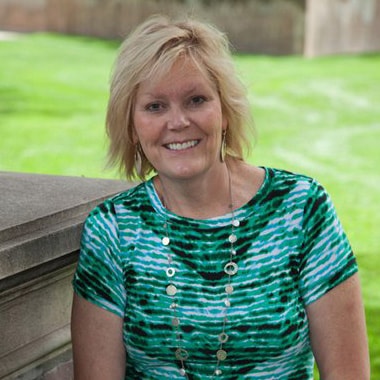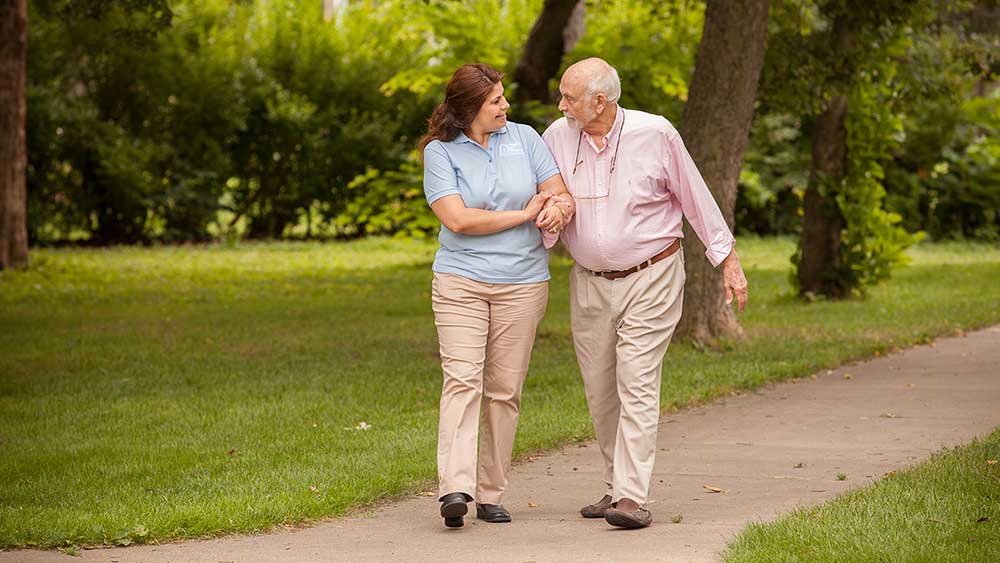

Signs of Elder Abuse and What You Can Do to Help
At first, the actions may seem quite innocuous. An unpaid bill. The purchase of an item the older person does not need. The explanation that “she fell” or “he ran his wheelchair into the table.”
The World Health Organization defines elder abuse as “a single, or repeated act, or lack of appropriate action, occurring within any relationship where there is an expectation of trust which causes harm or distress to an older person.” Those who cause harm or distress to seniors include both men and women and may be family members, friends and trusted others such as neighbors, employees and financial representatives. Some people are unaware or deny that their elder needs better care, while others are purposeful about putting their older loved one in harm’s way.
Mistreatment of seniors is typically unreported, and the elderly themselves may hesitate to report any abuse because they are less able to stand up for themselves and may be too afraid to verbalize misconduct at the hands of another. Exploitation of an elder may include:
- Neglect—failure to provide food, shelter, medical care or protection.
- Abandonment—desertion by a person charged with care or custody.
- Financial Abuse—illegal theft, misuse or concealment of an elder’s money, property or assets.
- Physical Abuse—infliction of bodily pain or injury (e.g., bruising, slapping, restraint, etc.).
- Sexual Abuse—any kind of non-consensual sexual contact.
- Emotional Abuse—verbal or nonverbal actions that inflict pain or distress, including humiliation, threats and intimidation.
Neglect or abuse of an elder is never right and is one of the reasons Right at Home professional in-home care providers undergo thorough background checks, elder abuse training and ongoing supervision. Knowledgeable and observant caregivers help detect if there is a problem in the home that puts an elder at risk.
Vernon and Grace Atwood own the Right at Home office serving California’s northwest Orange County and southeast Los Angeles County and work with the Los Angeles County District Attorney’s Office to give presentations on preventing elder abuse, particularly financial fraud. The Atwoods’ senior care team have encountered cases of continual verbal abuse of a senior and have helped change phone numbers for vulnerable elders preyed upon by telephone scammers. Vernon has reported elder abuse several times to Adult Protective Services and police.
“Our nurses do regular quality checks on our clients,” said Vernon. “We follow the ‘see something, say something’ approach. If we report an abuse situation and lose business because we ticked off a family member, that’s the least of our concerns.”Although mistreatment of an elder may not always be obvious, the following are warning signs that could help uncover a deeper problem:
- Unexplained withdrawal from regular activities.
- Changes in mood or lingering depression..
- Abrasions, bruises, pressure marks, burns or broken bones..
- Signs of being restrained including rope marks on wrists..
- Unusual bank account withdrawals or transfers..
- Unfamiliar signatures on checks and documents, or changes in banking, wills or attorneys..
- Lapsed personal care and hygiene..
- Poor nutrition, or weight loss/gain..
- Broken eyeglasses..
- Tension and strain in relationships or an increase in arguments..
- Controlling, belittling and threatening behaviors by spouses or caregivers..
Some maltreatment warning signs may turn out to be part of the senior’s decline in health, but any changes in health or behavior should not be quickly dismissed. Who is at most risk? Seniors who are isolated or lonely or who have recently suffered losses or exhibit decreased mental and physical abilities. Elders who know little about their assets or who have a family member with financial or substance abuse problems are also more financially susceptible.
Sandy and Phil Quartuccio own the Right at Home offices in New York’s Nassau and Queen counties and their in-home caregivers see a range of neglect and abuse. One case involved siblings in their eighties and the brother was sexually abusing his sister who had mental challenges. Sometimes there’s not enough food for the senior or it’s too cold in the house. “When we are there with clients on a regular basis, they start to open up and talk to us about their care situations,” Sandy noted. “One of the best things we do for seniors is to pay attention and give an extra eye to what is going on.”
Both Vernon and Sandy recommend that if there is suspected mistreatment of an elder, talk first with the individual alone about noticing that something is wrong. Offer to get help through the local Adult Protective Services agency or law enforcement. Learn more about how to report abuse or get help by contacting the National Center on Elder Abuse (https://ncea.acl.gov) or calling the Eldercare Locator weekdays at 800-677-1116. The National Institute on Aging lists additional elder abuse resources.
One alert person may save a senior’s life.
What safeguards do you recommend for protecting a senior from any type of neglect or abuse?







